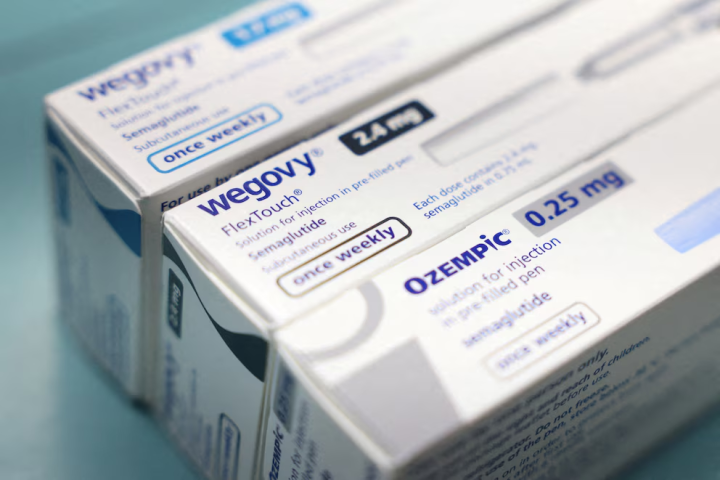MADRID, 13 (EUROPA PRESS)
The Spanish Society of Pediatric Neurology (SENEP) has urged all autonomous communities to immediately implement neonatal screening for spinal muscular atrophy (SMA), a serious and progressive neuromuscular disease whose prognosis critically depends on early detection and treatment.
Its incorporation is planned nationwide before December 2026, after the Public Health Commission of the Interterritorial Council of the National Health System (CISNS) approved it last January. However, SENEP has emphasized that Spain already has "everything necessary" to detect and treat the disease, and has therefore asked the regional governments to work on its implementation.
This was emphasized by Andrés Nascimento, coordinator of the Neuromuscular Pathology Unit at the Sant Joan de Déu Hospital in Barcelona. He stated, as a spokesperson for SENEP, that the country has diagnostic tests, clinical protocols, professional training, and treatments accessible in all regions.
However, only 35 percent of the autonomous communities have included neonatal SMA screening in their service portfolio; these are the Canary Islands, Aragon, Galicia, Madrid, the Valencian Community, and Castilla-La Mancha. Some, such as Extremadura and Murcia, have pilot projects underway, while others are in the implementation phase, such as the Basque Country, the Balearic Islands, and Castilla y León. In Andalusia, Navarre, Cantabria, La Rioja, Catalonia, and Asturias, the project is still pending.
"There can't be any differences in the future of our patients based on their postal code. Why do we have to wait more than seven years to screen for SMA in Spain, despite having approved therapies? Furthermore, we have teams of specialists with experience in managing the disease and new treatments in all regions," asserted Dr. Nascimento, a leading expert in the study of neuromuscular diseases in the country.
1 IN EVERY 10,000 BIRTHS
In Spain, one in every 10,000 children is born with SMA, and without proper treatment, their life expectancy is limited to less than two years. This condition is characterized by a lack of the SMN1 gene, which causes the motor neurons responsible for movement to die, causing widespread muscle weakness and severe motor disability.
The president of SENEP, Marcos Madruga, explained that the lack of screening means that pediatric neurologists continue to face "heartbreaking situations" in their consultations, despite swift medical intervention after the onset of symptoms. "Sometimes, children will live with severe and irreversible limitations: they will be unable to walk, they will require respiratory support, and assistance with feeding. And if we arrive late because it hasn't been detected since birth, it can directly affect the child's life," he warned.
Madruga highlighted the proven efficacy of the three therapies available in Spain—nusinersen, onasemnogene abeparvovec, and risdiplam—when administered in the first days of life, even though they do not cure the disease. "Furthermore, the treatment is much more effective if administered before the onset of symptoms. And this is only possible with newborn screening," he emphasized.
Nevertheless, SENEP has firmly called on the regional governments to no longer delay the implementation of this measure, the cost of which, according to estimates, amounts to approximately three euros. "This is not a technical or economic issue, but a moral one. The lives and futures of many children are literally at stake. The time to act is now," the president of this scientific society insisted.
SENEP also noted that the European Alliance for Newborn Screening for Spinal Muscular Atrophy requires that newborn screening programs in all European countries include an SMA test for all newborns by 2025.






